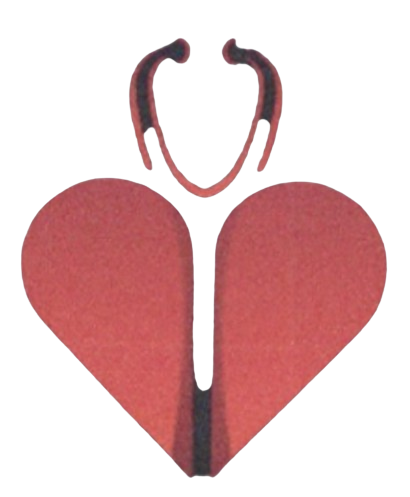Even as 2025 begins, humanity strives for greater equality and justice, making it crucial to reflect on the forces shaping our world. One of these forces, organized religion, has long been both a source of inspiration and a tool of oppression. Dr. Baburao Doddapaneni, in his thought-provoking book Organized Religions & Globalized Slavery, explores how organized religions have historically contributed to social hierarchies and how these practices continue to affect marginalized communities today. This analysis is not an indictment of faith itself but a critique of the systems that have exploited it for power and control.
Historical Roots of Inequality in Religion
Throughout history, organized religions have played a significant role in establishing and maintaining social hierarchies. Systems like the caste-based segregation in Hinduism or the feudal dominance of the Catholic Church during medieval Europe exemplify this pattern. In Organized Religions & Globalized Slavery, Dr. Doddapaneni draws attention to how these religious structures often aligned themselves with political powers to cement control over populations.
Take, for example, the Varna system in Hinduism, which divided society into rigid castes. This system, deeply intertwined with religion, justified the oppression of Dalits as divinely ordained. Similarly, during the medieval period, the Catholic Church amassed vast wealth and political influence, often at the expense of peasants who were taxed heavily and denied opportunities for social mobility. These hierarchies were not only unjust but also deeply entrenched, creating systems of inequality that have proven difficult to dismantle.
Religion as a Tool of Social Control
One of the reasons organized religions have been able to perpetuate inequality is their role in shaping societal norms and beliefs. By presenting certain hierarchies as sacred or inevitable, these institutions discouraged dissent and reinforced the status quo. As Dr. Doddapaneni observes in his book, this control extended beyond economic and political domains to deeply personal aspects of life, such as marriage, education, and gender roles.
For example, women have often been marginalized within religious systems. Whether it is the exclusion of women from leadership roles in many Christian denominations or the strict dress codes and movement restrictions in some Islamic traditions, organized religions have frequently reinforced gender-based discrimination. In the modern era, these practices continue to affect millions, limiting access to education, employment, and personal freedoms.
Modern Manifestations of Inequality
While some progress has been made in dismantling religiously justified hierarchies, many of these inequalities persist in new forms. Dr. Doddapaneni examines how religious institutions today often serve as gatekeepers of privilege. For example, the caste system in India, though officially abolished, continues to influence social interactions, education, and employment opportunities. Dalits and other marginalized groups still face systemic discrimination rooted in religious traditions.
Globally, religious extremism has exacerbated these issues. Groups that claim to represent divine authority often perpetuate violence and exclusion against minorities. In nations where religious nationalism is on the rise, policies rooted in faith-based ideologies have led to the suppression of dissent and the erosion of minority rights. These trends, as Dr. Doddapaneni points out, highlight the ongoing need to question the role of organized religions in perpetuating inequality.
A New Year’s Call for Reflection
As 2025 begins, there is an opportunity to rethink the relationship between religion and equality. Faith can be a powerful force for good when it emphasizes compassion, justice, and inclusion. However, as Organized Religions & Globalized Slavery demonstrates, this potential is often overshadowed by the ways organized religions have been used to oppress. By critically examining these systems, we can work toward a future where faith serves humanity rather than dividing it.
The new year’s energy brings with it the possibility of transformation. We can choose to challenge the norms that have allowed inequality to persist. This means holding religious institutions accountable and advocating for reforms that align with the core values of equality and justice. It also means empowering marginalized communities to reclaim their voices and demand change.
Final Words
Organized Religions & Globalized Slavery by Dr. Baburao Doddapaneni invites us to engage with these issues thoughtfully and courageously. Through its blend of historical analysis and personal reflection, the book provides valuable insights into how organized religions have shaped and perpetuated inequality. As we navigate the complexities of the modern world, this work offers a roadmap for fostering unity and justice.
If you’re ready to explore these powerful ideas and spark meaningful conversations, pick up a copy of Organized Religions & Globalized Slavery today. Let’s make 2025 a year of awareness, compassion, and transformative action.
